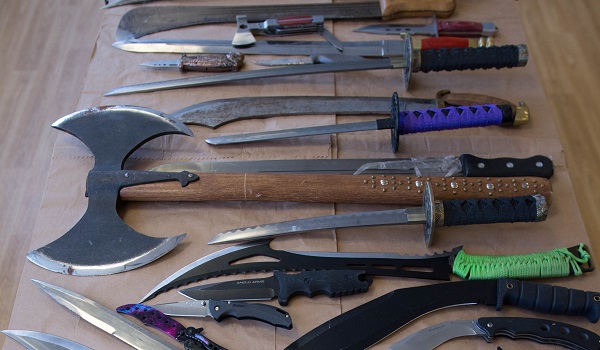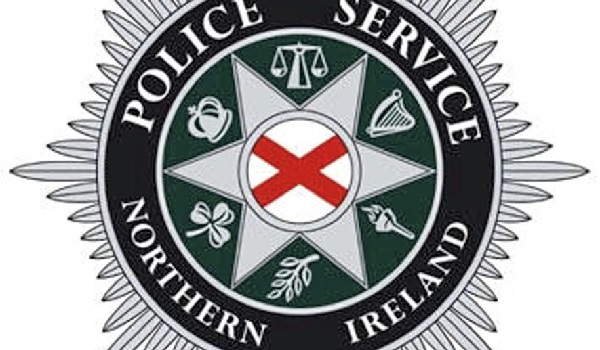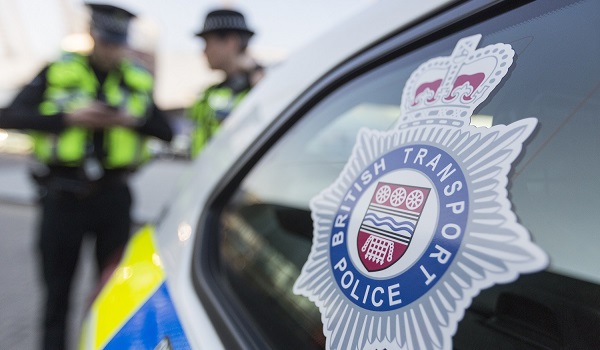Knife crime increases to record high
Knife crime in England and Wales increased to an all-time high last year, according to the latest figures from the Office for National Statistics (ONS).
The police recorded 45,627 offences in the year to December 2019 – seven per cent more than in 2018, and the highest since knife crime statistics were first collected in 2010/11.
However, rates of increase varied across police forces. The figures – which do not include Greater Manchester Police – show there was a 13 per cent increase in the West Midlands and five per cent rise in London, but a nine per cent fall in West Yorkshire.
In addition, the number of homicides where a knife or sharp instrument was involved decreased by eight per cent – although there was a 13 per cent increase in London.
Robbery offences were also up for the fourth year running – with an annual increase of 12 per cent, to 83,930 offences.
However, the ONS statistics show that overall, crime fell by five per cent in 2019 – the first significant fall since 2016.
And it is the first time the ONS has reported a statistically significant reduction in fraud and computer misuse offences since the Crime Survey for England and Wales (CSEW) was extended to include these crimes in year ending March 2016.
Home Secretary Priti Patel said: “This is extremely encouraging and a positive step in the right direction, but I remain steadfast in ensuring the criminal minority do not get away with their crimes.
“I will continue to give the police the stop and search powers, funding and extra officers they need to keep our families, communities and country safe.
“Cutting crime is an absolute priority for the British people – therefore a priority for me and this Government.”
However, John Apter, chair of Police Federation of England and Wales, said it was clear from the figures that it was going to take time for the Government’s investment in funding and a 20,000 officer uplift announced last year to take effect.
“It is a tragedy that knife crime continues to spiral as my colleagues are stretched to their limits, and with fewer officers on patrol it comes as no surprise that street crime such as robbery has increased.
“The fact that some statistics have fallen despite this is a testament to the hard work and dedication of officers across the country.”
He added: “Understandably, the next, post Covid-19 release, will look quite different, as long-term lockdown will affect the statistics.
“What this current crisis has highlighted, though, is the other story told in these figures – that policing desperately needs long-term, sustained funding unaffected by political priorities so that we can tackle crime head on.”
Other statistics include:
- A three per cent decrease in recorded offences involving firearms;
- A one per cent increase in vehicle offences; and
- A two per cent increase in the overall number of homicides – this includes a single incident with 39 homicide victims, which if excluded shows a four per cent fall overall.
Commenting on the figures, Joe Traynor from the ONS Centre for Crime and Justice said: “Information collected prior to the coronavirus (Covid-19) pandemic from the CSEW estimates a fall of five per cent in crime for 2019. It is not possible to say whether this would have come to represent a change from the flat trend in recent years, as it is likely that the current lockdown will have an impact on the level of crime in 2020.
“The 2019 data revealed different patterns for specific types of crime, for instance, robbery increased but burglary decreased, while fraud and lower-harm violent offences remained stable. Although the number of homicides where a knife or sharp instrument was used fell across the country, it increased in London.”
The Association of Police and Crime Commissioners (APCC) performance lead, Matthew Scott said: “The CSEW has found that crime fell by five per cent in 2019. This is testament to the hard work of police officers and staff throughout last year, including the thousands of new recruits local people have paid for through their council tax precepts.
“That there has been marked decreases in recorded incidents of theft, burglary, and deaths on our roads, is particularly pleasing to see. Knife crime in our cities remains a concern but one which is being addressed by police and crime commissioner (PCC)-led initiatives such as Violence Reduction Units. Data for early 2020, when published this summer, will show further decreases in recorded crime partly as a result of the Covid-19 lockdown measures.
“Still, statistics are not a perfect measure of police performance. It can never reflect all the great work policing does – things like community engagement, crime prevention, safeguarding victims, or dealing with people in mental health crisis. When holding chief constables to account, PCCs will continue to consider all of these issues, rather than relying on raw data alone.”
APCC Deputy Performance lead Keith Hunter said the statistics for police recorded crime outcomes in England and Wales also show a worryingly steady decline in the number of charged/summonsed outcomes assigned to offences, including for serious offences such as violence against the person and rape.
“In the current crisis, we anticipate that some offences, including domestic abuse will increase, and it is important to consider the impact that today’s figures will have on the public’s faith in the criminal justice system,” he added. “We need to be seen to be delivering justice to encourage people to come forward and report crime.
“PCCs will continue to work closely with criminal justice partners to ensure resources are available to deliver the right outcomes to the public.”
Commenting on the increase in knife crime across England and Wales, Angus Sim, identity expert at analytics company LexisNexis® Risk Solutions, said: “The fact that knife crime has reached a record high in the UK should be a wake-up call for government and industry alike.
“It is hard in normal times for retailers of restricted products, such as knives, to ensure that their products don’t fall into the wrong hands. But it’s now made harder still as lockdown restrictions are changing behaviour, especially with more shopping online, while at the same time delivery practices are evolving to meet the new circumstances. As lockdown restrictions create both temporary and possibly permanent changes it is important that retailers consider how the lockdown is increasing their risk now and for when we start to return to more normal conditions.
“Sellers of age-restricted products of any type must have robust identity authentication software embedded into their point-of-sale systems to ensure that restricted items do not end up in the hands of minors. In the height of this current crisis the risk is that these statistics are quickly forgotten as we face a current danger, but that would be a mistake since post-lockdown we may be in an even worse position, especially if we don’t keep pace with the changes afoot.”







